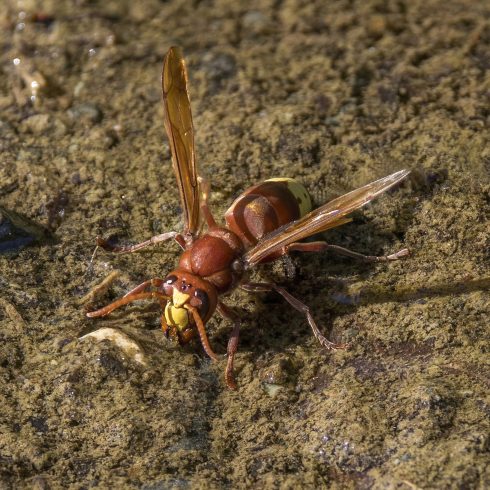SPAIN’S lower house of parliament, the Congress of Deputies, took an historic step this week by allowing for the use of three extra languages during debates, apart from Castilian Spanish.
The move marks the first time in 45 years of democracy that lawmakers can express themselves in Catalan, Galician or Basque without risking expulsion from the chamber.
The measure was fast-tracked through Congress and voted through on Thursday, with 180 deputies in favour – comfortably exceeding the majority of 176 in the 350-seat house.
The use of these co-official languages in Congress was a condition imposed by the Catalan Republican Left (ERC) and Together for Catalunya, both of which support an independence for the northeastern region.
In exchange, they lent their support to the Socialist Party’s candidate for speaker of the house, Francina Armengol.
The measure received backing from all but three of the parties in Congress, including its sponsors, the Socialist Party, leftist bloc Sumar, the Basque Nationalist Party (PNV) and the Catalan Republican Left, among others.
It was only rejected by the conservative Popular Party (PP), far-right Vox and the Navarrese People’s Union.
Although the measure was officially passed by Congress on Thursday, deputies started using these other languages during their interventions on Tuesday, with a system of simultaneous translation via headphones making its debut.
That session in Congress was not, however, without its moments of political theatre. As soon as Xose Ramon Gomez Besteiro, a deputy for Lugo, began to speak in Galician, all of the Vox deputies stood up from their seats and left the chamber in protest, dumping their headsets in the empty seat of caretaker Prime Minister Pedro Sanchez.
The PP, meanwhile, also made its displeasure clear with the new rules in Congress.
“We have a common language that allows us to understand one another without doing strange things,” said the party’s spokesperson, Borja Semper, during the parliamentary session on Tuesday. “We are not going to be a part of this theatre.”
Blanket amnesty
Other critics of the measure pointed to the fact that Pedro Sanchez is going to need the support of the Catalan pro-independence parties if he is to be voted back in as prime minister by lawmakers in the wake of the inconclusive July 23 general election.
“The defence of linguistic rights by some appears to be directly proportional to their political needs,” said Joseba Agirretxea in Congress on Tuesday.
Sanchez is also rumoured to be preparing a blanket amnesty for anyone facing prosecution or already convicted for their role in the 2017 independence drive in Catalunya, also in a bid to secure the support to be voted back into office at a potential future investiture vote.
The winner of the recent elections, Alberto Nuñez Feijoo of the PP, will be presented as a prime ministerial candidate at an upcoming investiture vote. But with only the support of his own lawmakers, Vox and a few small parties, that bid is widely expected to fail.
Read more:
- Far-right party Vox agrees power sharing deal with conservative PP in Spain’s Murcia region
- Catalan separatist leader Carles Puigdemont sets out demands in exchange for supporting Pedro Sanchez
- Spain’s caretaker prime minister agrees to meeting with Popular Party leader ahead of investiture vote








